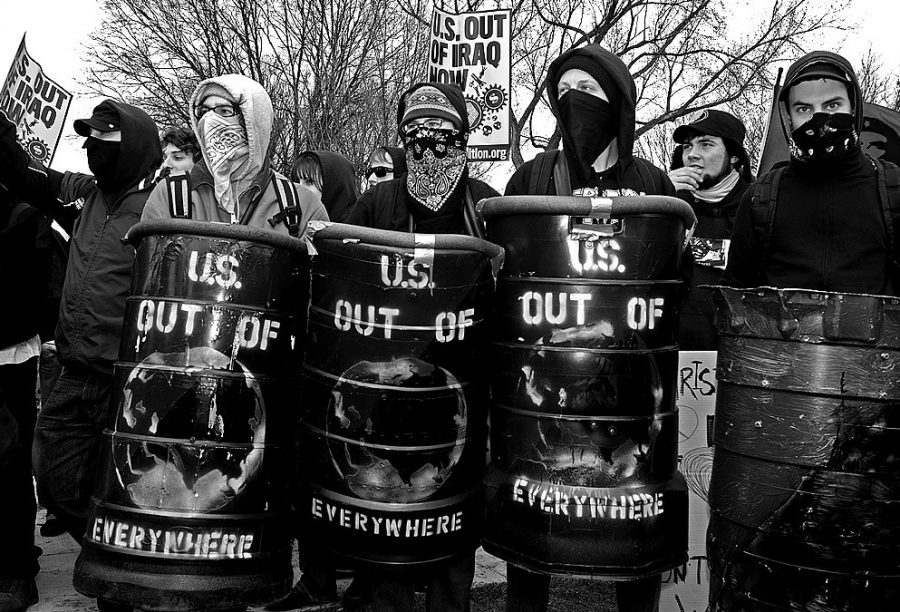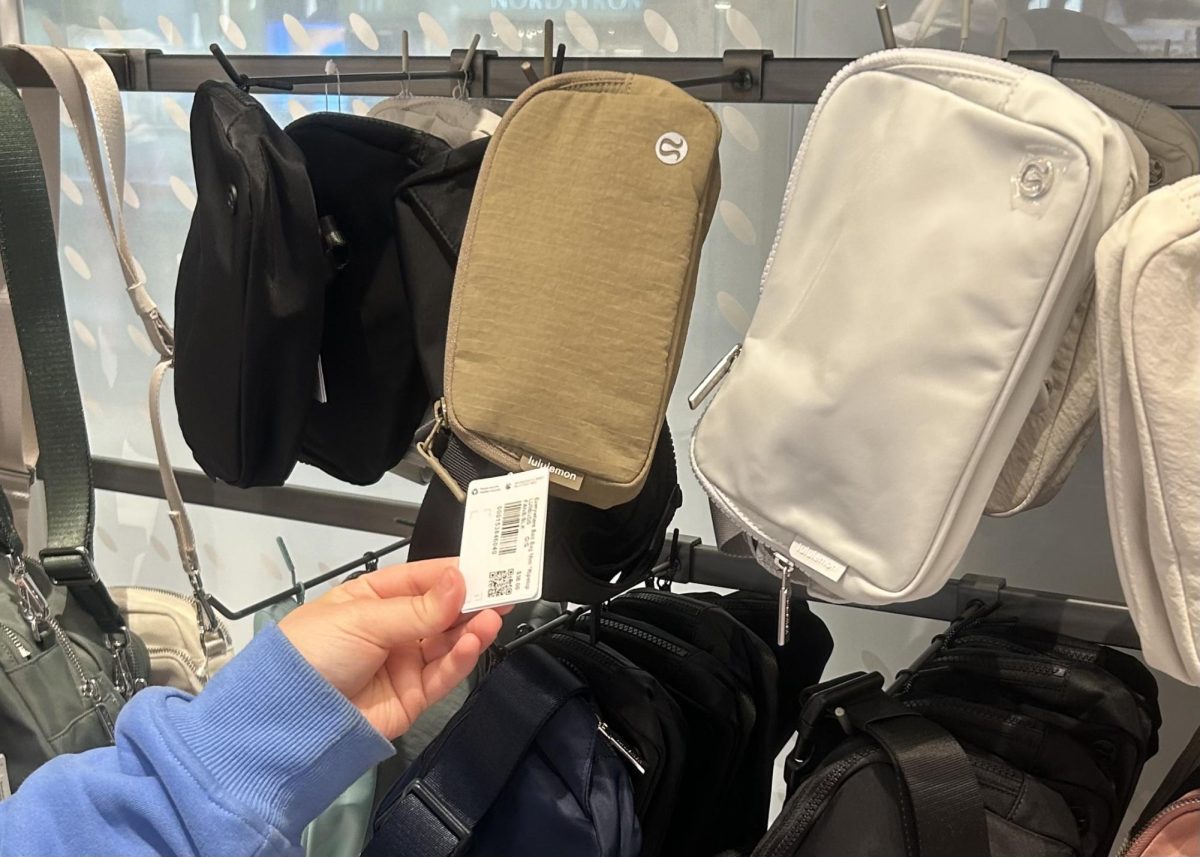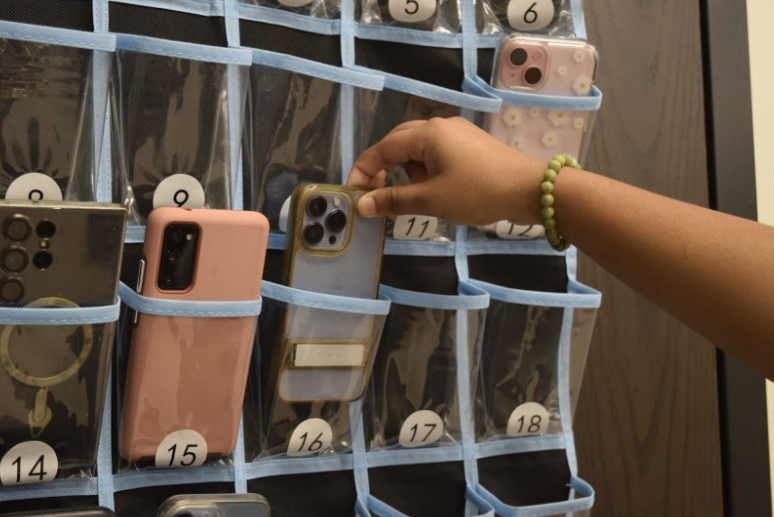I have no 9/11 story. There is no work meeting or trip down the hallway when I learned a plane crashed into the World Trade Center. I will never have a 9/11 story because I was born in 2003.
For me, Sept. 11, 2001 always has been and always will be a date lining the page of a history textbook more than a memory seared into my brain. When adults discuss 9/11 with my peers and I, they are speaking to the most impressionable group possible. Our understanding of arguably the most influential event in modern U.S. history is shaped entirely by the information others present to us. The vast majority of the time, we receive a spiel about where someone was when they heard the news and how the country united in the wake of the unimaginable.
This annual tradition of sorts seems innocuous enough. My issue, however, lies in the oversimplification of 9/11’s lasting effects. This is not meant to belittle the physical or psychological damage inflicted 19 years ago; 9/11 can certainly be characterized as a tragedy. But what isn’t said about the aftermath is just as important as what is.
Seldom is the phrase “9/11 changed the world forever” fully unpacked in American classrooms. The moment is hailed as the nation putting its political differences aside in the name of patriotism. What this assertion fails to acknowledge is that the U.S. response to 9/11 was inherently political, and sentiments we couch as patriotism quickly manifested into downright murderous foreign and domestic policy actions.
9/11 was a catalyst for expanded military interventionism. Invasions of Iraq and Afghanistan, for example, have killed at least half a million—and that’s just from direct violence. The true toll of American militarism also includes exacerbated poverty, ravaged infrastructure and medical facilities, environmental degradation, widespread instability and displacement responsible for the ongoing refugee crisis. (The sad irony of the latter, of course, is that the U.S. frequently denies a home to migrants fleeing conditions created by the ‘war on terror’ using ‘war on terror’ logic.)
Moreover, 9/11 provided cover for the security state to broaden its already draconian power within the U.S. Discriminatory surveillance programs eroded civil liberties and still contribute to the rampant overpolicing of Muslim communities. ‘Enhanced interrogation techniques’ became the euphemism of choice for torture and detention practices contravening both international law and basic morality. America’s war against the ‘other’ under the pretense of national security also prompted a spike in hate crimes and the proliferation of harmful stereotypes.
We must confront the many ripple effects of 9/11 in earnest, not with a canned speech we remove from the shelf to dust off once a year. Our education system should teach students about the historical context that originally produced anti-Western ideologies held by groups such as al-Qaeda. Overall, our discourse should reflect the more complex reality: 9/11 changed the world not only because of the images of smoke billowing from the Twin Towers, Pentagon and Flight 93, but because of everything that followed as well.




![Junior Fiona Dye lifts weights in Strength and Conditioning. Now that the Trump administration has instituted policies such as AI deregulation, tariffs and university funding freezes, women may have to work twice as hard to get half as far. "[Trump] wants America to be more divided; he wants to inspire hatred in people,” feminist club member and junior Clara Lazarini said.](https://pwestpathfinder.com/wp-content/uploads/2025/05/Flag.png)
![As the Trump administration cracks down on immigration, it scapegoats many immigrants for the United States’ plights, precipitating a possible genocide. Sophomore Annabella Whiteley moved from the United Kingdom when she was eight. “It’s pretty scary because I’m on a visa. When my visa expires next year, I’m not sure what’s going to happen, especially with [immigration] policies up in the air, so it is a concern for my family,” Whiteley said.](https://pwestpathfinder.com/wp-content/uploads/2025/05/DSC_0077-7copy.jpg)
![Shifting global trade, President Donald Trump’s tariffs are raising concerns about economic stability for the U.S. and other countries alike. “[The tariffs are] going to pose a distinct challenge to the U.S. economy and a challenge to the global economy on the whole because it's going to greatly upset who trades with who and where resources and products are going to come from,” social studies teacher Melvin Trotier said.](https://pwestpathfinder.com/wp-content/uploads/2025/05/MDB_3456-1200x800.jpg)



![Some of the most deadly instances of gun violence have occurred in schools, communities and other ‘safe spaces’ for students. These uncontrolled settings give way to the need for gun regulation, including background and mental health checks. “Gun control comes about with more laws, but there are a lot of guns out there that people could obtain illegally. What is a solution that would get the illegal guns off the street? We have yet to find [one],” social studies teacher Nancy Sachtlaben said.](https://pwestpathfinder.com/wp-content/uploads/2025/01/DSC_5122-1200x800.jpg)


![Making up a large portion of the film industry, many popular movie remakes and sequels have been released recently. Similar to film remakes, theater teacher Amie Gosset often uses play adaptations of famous movies for theater productions. “It’s challenging because people have an idea of what the film is, whether it’s an iconic film or one they really liked. [Consumers] come in with a preconceived notion of how the [film] should be. Then, [they] are either surprised because they like the new version or disappointed because it’s not what they’re used to.”](https://pwestpathfinder.com/wp-content/uploads/2024/12/DSC_0042-1200x801.jpg)
